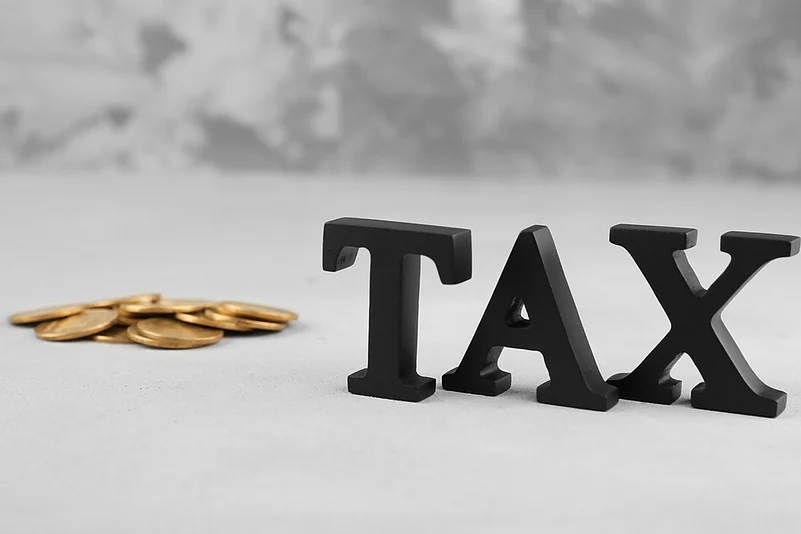Enshrining in law the rights and duties of the taxpayers, the government on Thursday unveiled ‘Taxpayers’ Charter’ in a bid to improve taxpayer services while also holding the Income Tax Department accountable for its actions. The charter not only lists the responsibilities of the Income Tax Department, but also outlines its expectations from the taxpayers.
The charter emphasises the government’s responsibility to treat every taxpayer as honest unless there is a reason to believe otherwise, and also asks the I-T Department to respect the privacy of the taxpayer and be no more intrusive than necessary in any inquiry, examination or enforcement action.
In return, it added that the taxpayer would be expected to keep account records, honestly disclose full information and fulfil their compliance obligations. It added that taxpayers would be expected to know what information and submissions are made by their authorised representatives to the tax department.
“Taxpayer is expected to make submissions pay amount due as per tax law in timely manner,” it said.
Divakar Vijayasarathy, Founder and Managing Partner, DVS Advisors, said the taxpayer's charter was a welcome step. “Though this was known to most of the taxpayers and officials, the introduction of an exclusive charter changes the perception of both the taxpayers and officials from taxpayers being scrutinised as offenders to being viewed as an equal stakeholder,” he said.
Unveiled by Prime Minister Narendra Modi through video conferencing, along with launch of the “Transparent Taxation – Honoring the Honest” platform, the charter makes I-T Department responsible for providing “fair, prompt, courteous, professional and reasonable” treatment to taxpayers in all its dealings.
As part of the charter, the I-T department would be committed to maintain confidentiality and not disclose any information provided by the taxpayer to the department unless authorised by law, the government said.
“The Department shall hold its authorities accountable for their actions… provide a mechanism for lodging a complaint and prompt disposal… provide a fair and impartial system and resolve the tax issues in a time-bound manner,” the charter outlined.
It added that the IT Department would publish standards of service delivery in a periodic manner and would take into account the cost of compliance while administering tax legislation.
Vijayasarathy added that the government in its approach in various other schemes as well had tried to encourage the population at large towards voluntary compliance and this could well help it to achieve the desired reform in direct tax front.
“We all witnessed the massive success of the voluntary surrender of the LPG subsidy. The government is efficiently and effectively using the 'nudge’ philosophy in public policy to motivate the population towards the desired objective. To derive optimum benefits, these reforms should be followed by consistent efforts to simplify the legislation and remove subjectivity in tax enforcement,” he explained.

New Taxpayers' Charter Formalises Rights And Duties Of Taxpayers
New Taxpayers' Charter Formalises Rights And Duties Of Taxpayers
Published At:
MOST POPULAR
WATCH
MORE FROM THE AUTHOR
×
























